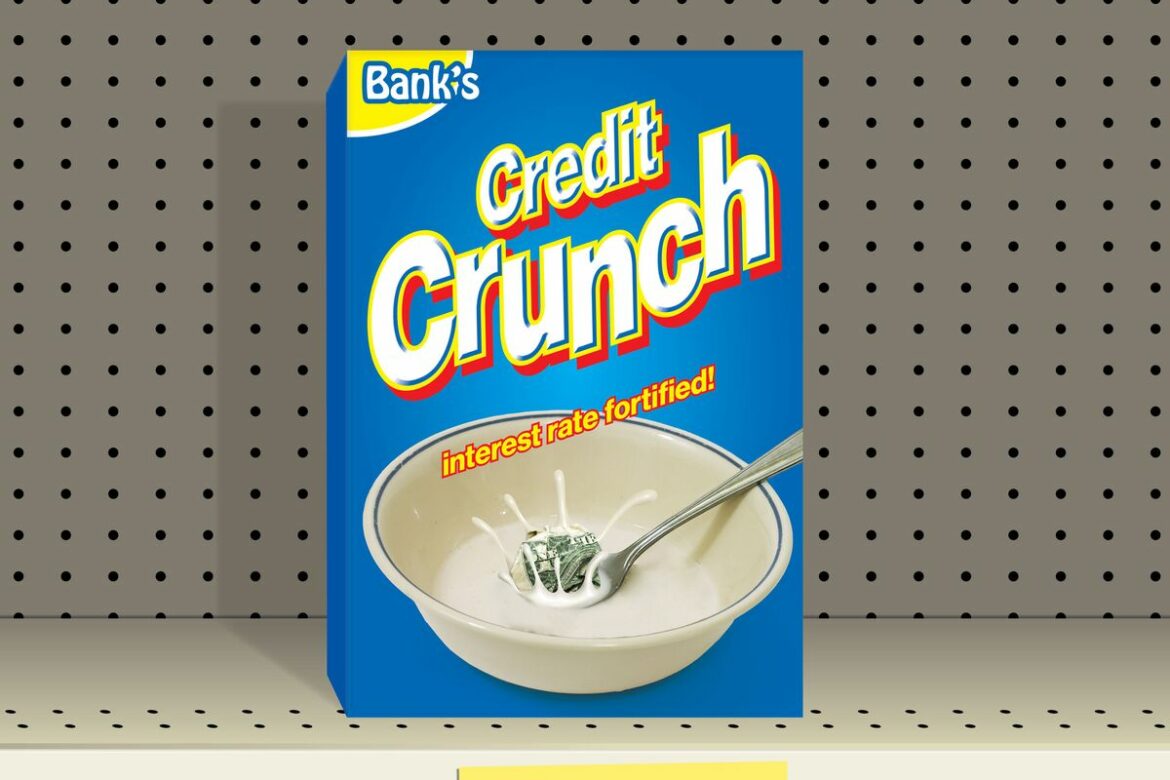Credit Crunch US
The credit crunch in the United States began in late 2007 and was a result of the subprime mortgage crisis, which had been brewing for some time. The situation worsened over 2008 as banks tightened their lending standards, resulting in fewer loans being approved and higher rates for those that were offered. This caused an economic downturn that lasted until 2009, with several large financial institutions failing during this period. As a result of these events, many households experienced difficulty accessing credit due to tighter loan requirements or simply not having enough capital to be approved by lenders.
What is Credit?
Credit is money borrowed from one party (e.g., bank) to another (e.g., individual). It can also be used as collateral against future payments made on behalf of the borrower such as mortgages or car loans; however it most commonly refers to consumer debt – like when you use your debit card at a store or take out a personal loan from your bank account . Typically interest must be paid back along with principal amounts owed each month depending on how long repayment terms are set for – usually between 1-15 years depending on type of agreement accepted
What Causes Credit Crunches?
A number of factors can lead to a credit crunch but generally they all stem from too much borrowing happening simultaneously within an economy leading up its implosion into recessionary state – known as ‘over leverage’: excess liquidity being injected into stock markets driving prices upwards beyond reasonable levels (often referred to bubble periods); risky investments taking place outside traditional banking channels without sufficient risk management oversight; overly lax regulation allowing unqualified borrowers access funds they could never realistically payback ; rising defaults amongst traditionally low risk customers including homeowners unable keep up repayments due job losses/reduced income etc.. All these issues combined create atmosphere where trustworthiness takes backseat meaning lenders become increasingly unwilling approve applications even if customer would otherwise pass stringent criteria applied normally times good because perceived chance them defaulting increases substantially making any return investment highly unlikely scenario so everyone has incentive tighten purse strings avoid falling foul fraudulent practices
How Did The Credit Crisis Impact US Economy ?
In short it led rapid decline home ownership rate across country since individuals no longer able borrow finance purchases industry started suffer jobs lost wages slashed businesses closed down property values fell rapidly causing huge asset devaluation hitting balance sheets major players sector hard resulting government intervention measures designed prop struggling firms stop contagion spreading further negatively impacting rest nation declared official end Great Recession mid 2009 though effects still felt decade later


